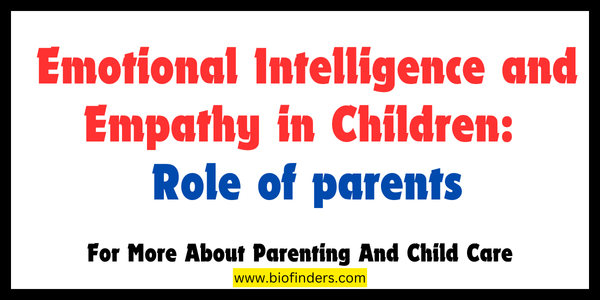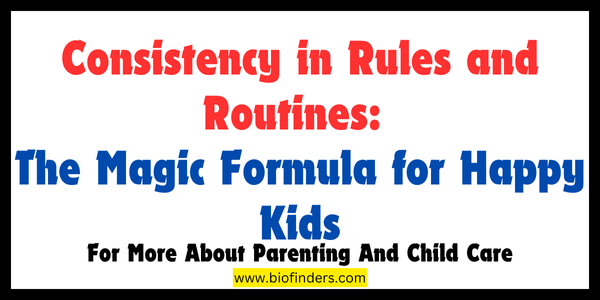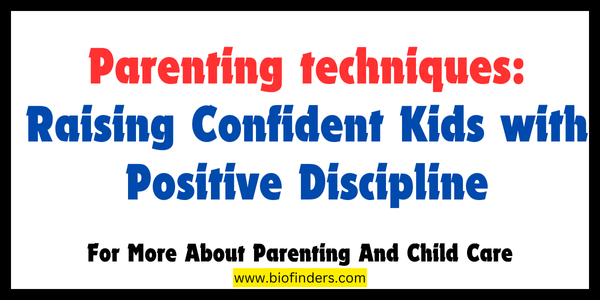There’s no handbook for perfect parenting (spoiler alert: there are no perfect children!), but there is a wealth of information available to guide you on your parenting journey. Deciding on the best approach can feel overwhelming, especially with so many parenting styles and techniques out there. This blog aims to be your one-stop shop, providing you with an overview of the most common styles and resources to help you find your own unique path.
Understanding Different Parenting Styles
Psychologist Diana Baumrind identified four main parenting styles:
- Authoritarian: These parents set strict rules and expect unquestioning obedience. Discipline is often harsh, with little room for discussion. While this approach might lead to immediate compliance, it can hinder a child’s development of independence and self-esteem.
- Authoritative: Often considered the “ideal” style, authoritative parents set clear expectations but also provide warmth and responsiveness. They encourage open communication and explain the reasoning behind rules. This fosters a sense of responsibility, self-control, and healthy emotional development in children.
- Permissive: These parents prioritize their child’s happiness above all else. They have few rules and allow children significant freedom. While this can create a seemingly harmonious environment, it can also lead to a lack of self-discipline and difficulty coping with frustration.
- Uninvolved: Uninvolved parents are largely uninvested in their children’s lives. They offer minimal guidance, discipline, or emotional support. This style can have serious negative consequences for a child’s development.
It’s important to remember that these are just categories, and most parents fall somewhere on a spectrum between them. Your own parenting style will likely be influenced by your personality, child’s temperament, cultural background, and even your own upbringing.
Finding Your Parenting Style
Here are some questions to consider as you explore different styles:
- How comfortable are you setting clear expectations and enforcing rules?
- Do you believe in open communication with your child, or do you prefer a more directive approach?
- How much independence do you want to encourage in your child?
- What are your core values and how do you want to in still them in your children?
There’s no single “right” answer – the best style for you is the one that feels natural and allows you to raise a happy, well-adjusted child.
Resources to Help You on Your Way
Now that you have a better understanding of different approaches, let’s explore some resources that can provide further guidance:
Books:
- Positive Discipline by Jane Nelsen: This classic text offers practical strategies for raising responsible children with a focus on encouragement and cooperation.
- How to Talk So Kids Will Listen & Listen So Kids Will Talk by Adele Faber and Elaine Mazlish: This book delves into communication techniques that help parents connect with their children and resolve conflict effectively.
- The Whole-Brain Child by Daniel J. Siegel and Tina Payne Bryson: This book explores the science behind child development and provides strategies for fostering healthy emotional and social intelligence.
Websites:
- The Center on the Developing Child at Harvard University: https://developingchild.harvard.edu/ This website provides research-based information on child development and parenting practices.
- The American Academy of Pediatrics: https://www.healthychildren.org/ This website offers a wealth of resources on child health, development, and parenting.
- PBS Parents: https://www.pbs.org/parents This website provides articles, videos, and other resources on a wide range of parenting topics.
Additional Resources:
- Parenting Classes: Many hospitals, community centers, and online platforms offer parenting classes that can provide valuable guidance and support.
- Support Groups: Connecting with other parents can be a great way to share experiences, learn from each other, and build a network of support.
- Parenting Podcasts: There are a vast number of parenting podcasts available, covering a variety of topics and styles.
Remember:
- There’s no “one size fits all” approach: The best parenting style is the one that works best for you and your child.
- Be flexible and adapt: Your child’s needs will change as they grow, so be prepared to adjust your approach accordingly.
- Trust your gut: Ultimately, you are the expert on your child. Don’t be afraid to deviate from advice if it doesn’t feel right for your family.
- Seek support: Parenting is a challenging but rewarding experience. Don’t be afraid to reach out for help when you need it.






Leave a Reply